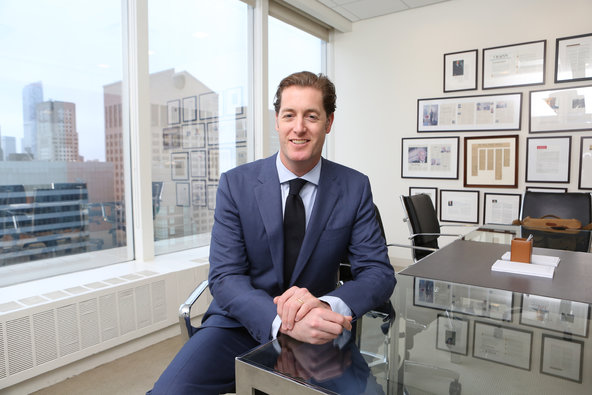Steven M. Davidoff, the Law Professor and Deal Junkie of New York Times, explained in his recent blog at DealBook NYTimes that investment banking business is getting highly effected by not only poor economic conditions, but also increasingly new regulatory changes are constraining the potential of investment banking.
The world of Goldman Sachs, Morgan Stanley and the rest of the investment banks is being remade, squeezed by new regulations and record low volatility in the markets.

So what will the new world look like?
Gary D. Cohn, the president of Goldman Sachs, described the current market well last month when he noted the “difficult environment” for investment banks. He said that “what drives activity in our business is volatility.” If markets never move, he continued, “our clients don’t need to transact.”
The decline in volatility has sharply reduced already low investment bank trading revenue. Citigroup’s chief financial officer, John C. Gerspach, said at a recent conference that Citigroup’s trading revenue could be down 20 to 25 percent in the next year. Other banks are expecting similar declines.
The continuous amendment of new rules and regulations in the investment banking are now viewed by investors and broker-dealers as roadblocks to their investment goals. In this situation, investment banks are being forced to find new ways to maintain revenue or to shrink. Conventionally, investors and broker-dealers believed that these banks are open to make to choices to reorient their business structure, but in reality their options are confined now.
For instance, Morgan Stanley Group is diverting its focus more in wealth management from traditional investment banking as they get aware of market trends in the investment banking sector. However, they do not leave investment banking sector entirely, but they start capital allocation in other finance sectors to stabilize the overall revenue, if for any uncertain reasons investment banking get saturated.
Other banks like Citigroup and Bank of America, are getting focused in retrenchment activities. While, smaller investment banks like Barclays’ are in free fall, departing top executives. Some have announced to cut their bank’s working capital in half, and some reduced their quarter of human capital.
If you are wondering whether the investment banking comes to an end, well this might not be the case. Except all these rushes in the investment banking sector, Goldman Sachs, has played its strengths and remain focused towards trading and traditional investment banking. Goldman is looking to change as little as possible, betting that the economy will boost again. One good reason is that there are more chances that new entrants will try to avoid investment banking sector and rather invest in other capital investments.
As Gary D. Cohn, the president of Goldman Sachs, described, “What drives activity in our business is volatility.” If markets never move, he continued, “Our clients really don’t need to transact.”



